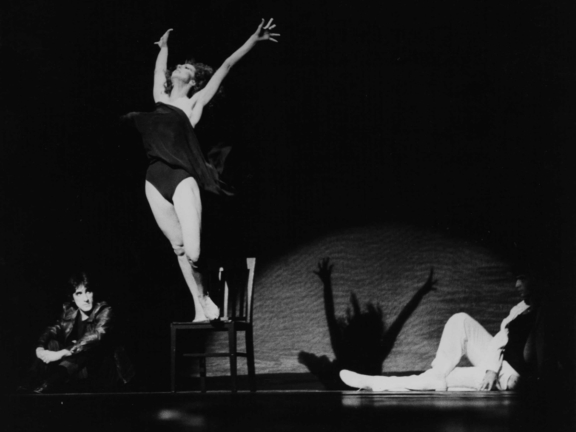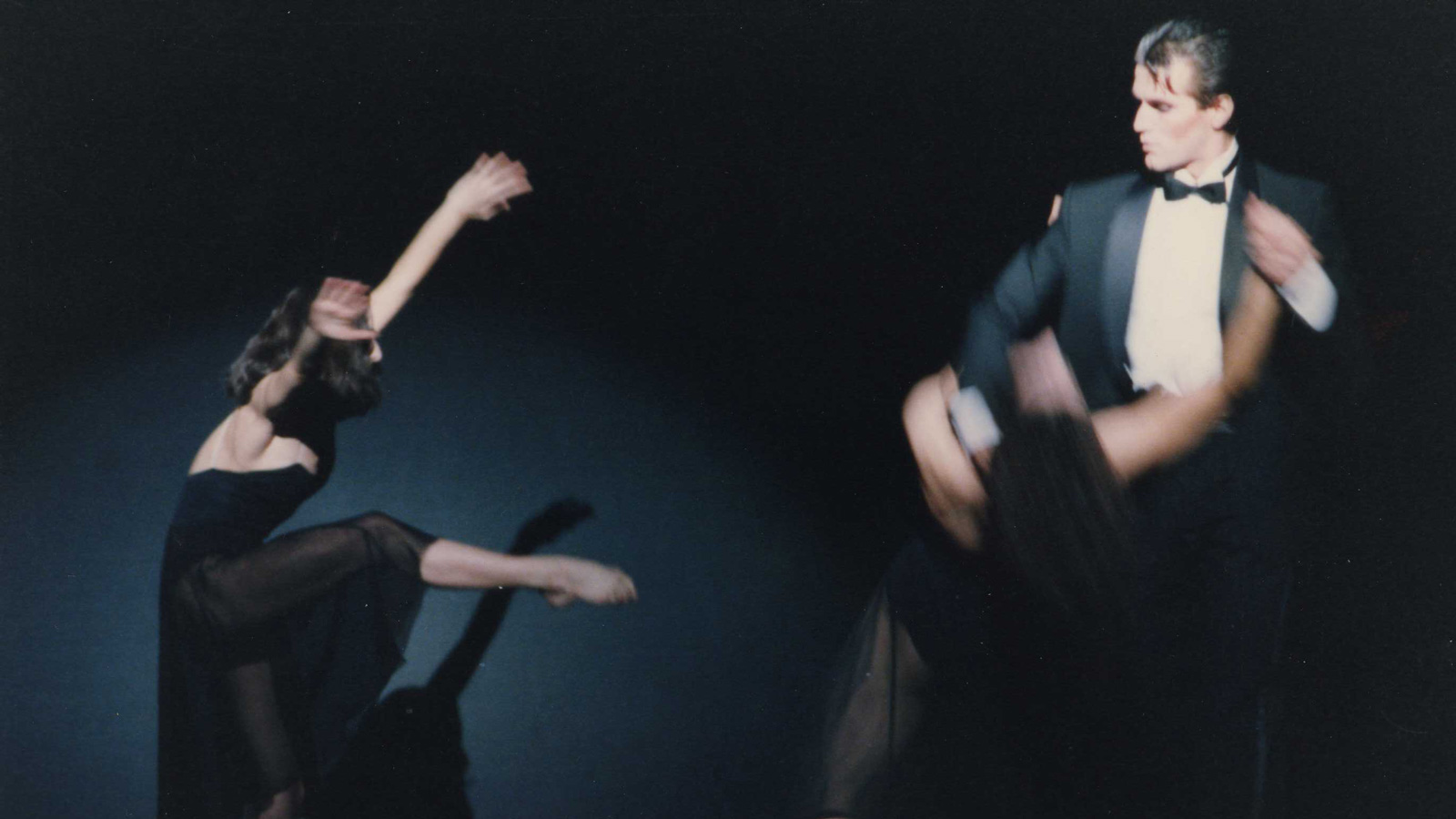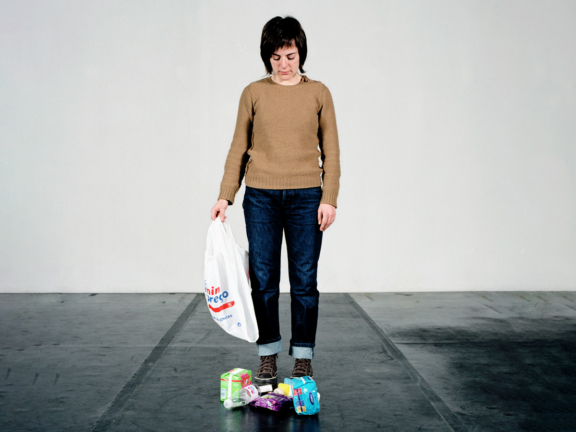
Unequal Subjects
With Olga Roriz and Cláudia Dias, moderated by Teresa Joaquim
Event Slider
Date
- / Cancelled / Sold out
Location
Main Staircase Calouste Gulbenkian FoundationModerated by Teresa Joaquim, this talk takes place following the presentation of the performances Lágrima [Tear], by Olga Roriz, and Visita Guiada [Guided Tour], by Cláudia Dias.
These two choreographically disparate pieces are both markedly feminine or feminist, notwithstanding being two decades apart, a period in which women rights and living conditions in Portuguese society have changed significantly. This juxtaposition is intended to evoke emancipatory movements made evident by the presentation of female soloists and solo female dance performers in 20th-century Portugal and elsewhere. It also reveals the social issues at the heart of these and so many other artists’ work who questioned and fought to improve the position of women in western society.
Olga Roriz and Cláudia Dias transmitted their works to other performers, each posing different questions: if in Lágrima [Tear] the challenge concerned the choice of the soloist from CNB – given the very charismatic inaugural performance by Elisa Ferreira from the Ballet Gulbenkian dance company –, in Visita Guiada [Guided Tour] the challenge for the reinterpretation of this work by someone other than Cláudia Dias was the personal and intimate nature of what is discursively shared while performing.
Image: Lágrima, by Olga Roriz © Rodrigo Souza
Olga Roriz (1955, Viana do Castelo) was a member of the cast of the Gulbenkian Ballet from 1976, where she was prima ballerina and main choreographer. In 1992 she took over as artistic director of the Lisbon Dance Company, and in 1995 she founded the Olga Roriz Company. She was awarded the degree of Doctor Honoris Causa by the University of Aveiro for distinction in the Arts (2017) and the insignia of the Order of Infante D. Henrique (2004).
Cláudia Dias (1972, Lisbon) is a choreographer, performer and teacher. She was a resident artist at Alkantara, and an associate artist at Espaço do Tempo and Re.Al, where she has been a key figure to the development of João Fiadeiro's work and the Real-Time Composition Technique. She was nominated for the Best Choreography Award 2013 and 2017 by the Portuguese Society of Authors, and is the artistic director of the Sete Anos Sete Peças project.
Teresa Joaquim (1954) has a doctorate in Social Anthropology from I.S.C.T.E. She is an Associate Professor at Universidade Aberta and coordinator of the Master's programme in Women's Studies: Gender, Citizenship and Development. A member of the Centre for Migration and Intercultural Relations (CEMRI) and former coordinator of the Research Group on Women's Studies, Gender, Society and Cultures, she has published several works on the construction of femininity and issues surrounding motherhood.
dance not dance
This event is included in the (re)performances, films and talks series which constitutes the first part of dance not dance – archaeologies of the new dance in Portugal. More info.
The Calouste Gulbenkian Foundation reserves the right to collect and keep records of images, sounds and voice for the diffusion and preservation of the memory of its cultural and artistic activity. For further information, please contact us through the Information Request form.


